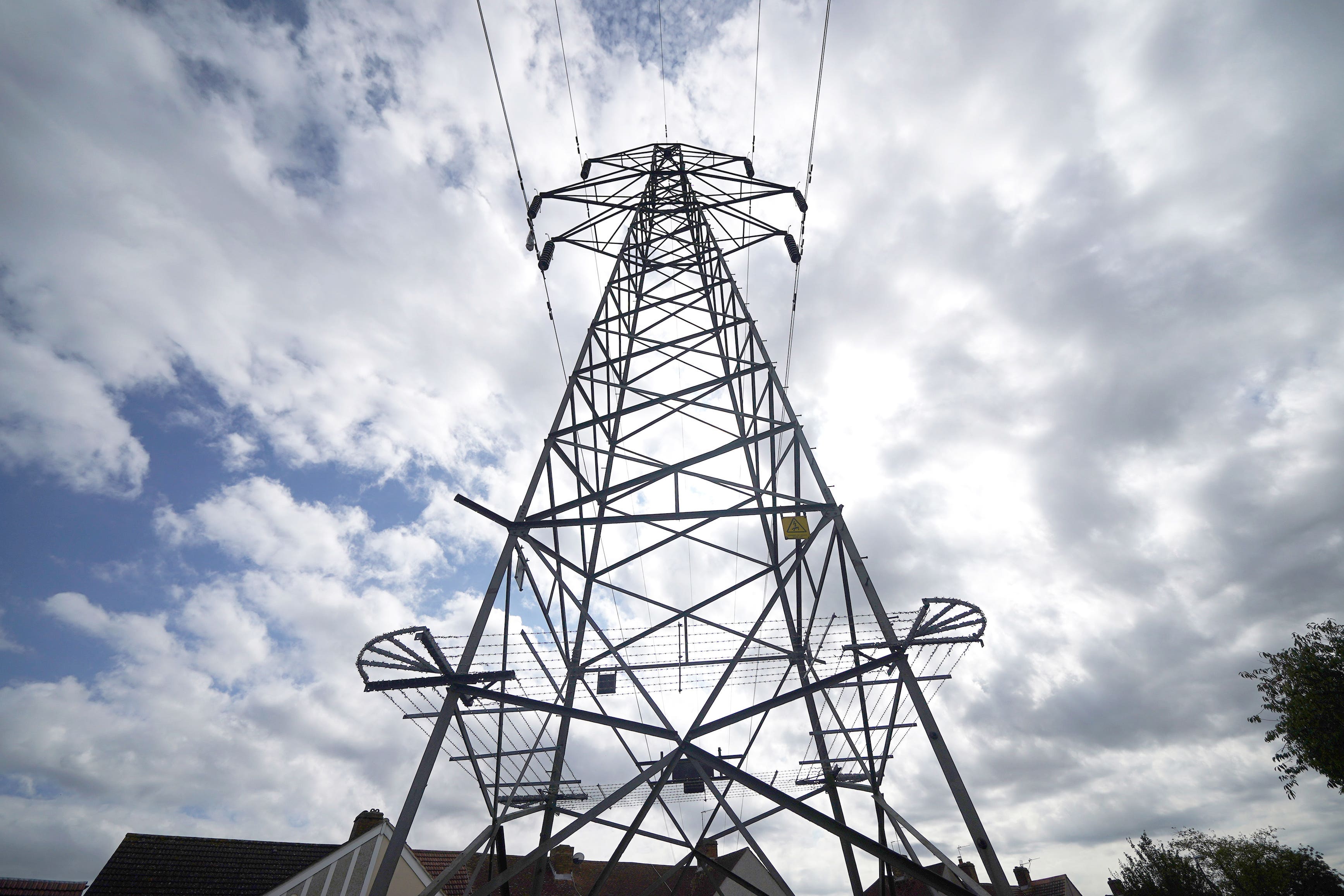‘Unsustainable’ prepayment meters could see households spend third of income on energy, experts warn
Share:
Experts warn that families could be forced to sit in ‘cold, dark homes’ this winter. Households on prepayment meters in the UK could see their energy bills cost up to a third of their household income this winter, new research has warned. The most vulnerable households will be worst affected, the findings from the Resolution Foundation show, as higher prices and colder weather have a disproportionate impact.
![[Energy bills have begun rising again in 2024 (Jacob King/PA)]](https://static.independent.co.uk/2024/12/19/00/2c5e9eb611f8950ad653e8e9826d9840Y29udGVudHNlYXJjaGFwaSwxNzM0NjI5OTg5-2.77247785.jpg)
The UK’s four million households on a prepayment meter will need to spend an estimated 30 per cent of their income or more on energy bills, after housing costs, across December, January and February. These meters are generally concentrated in low-income households in the UK. They are most commonly installed in rented homes, with users required to pay for energy as they go and before it is used.
People in these households “remain overlooked” says the report, adding that “as [prepayment meters] are concentrated among poorer families, this drain on family finances is unsustainable, leading to families sitting in cold, dark homes.”. Researchers also point out that over half of the households on these meters on in debt to their energy suppliers which, as this debt is paid when meters are topped up, is adding to the struggle to keep warm.
Previous analysis from Citizen’s Advice has found that 1.7 million people in Britain ran out of credit on their prepayment meter last year, while 800,000 went at least 24 hours without electricity or gas entirely. Energy bills for all households will be increasing from January, as Ofgem’s energy price cap rises by 1.2 per cent to £1,738. This follows a massive 10 per cent in October, and is expected to rise again in April.






















